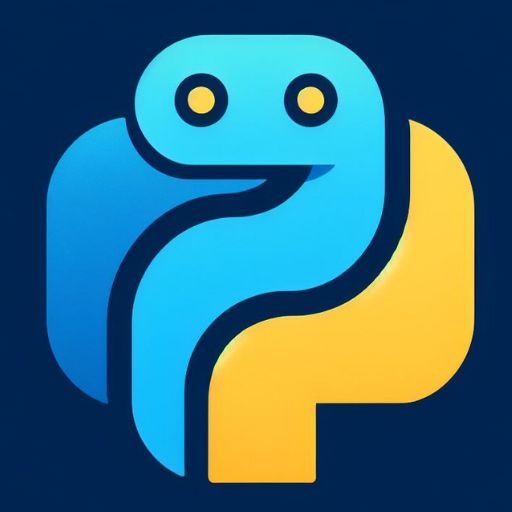
Web scraping and data extraction using Python is a fascinating topic that opens up a world of possibilities for gathering and analyzing information from the vast expanse of the internet. In today's digital age, where data is abundant and valuable, being able to extract and utilize relevant information efficiently is a skill that can provide a competitive edge. Python, with its robust libraries and tools, offers a versatile platform for web scraping tasks. In this blog post, we will explore the concept of web scraping, the tools available for Python developers, common tasks that can be accomplished through web scraping, and the ethical considerations surrounding this practice.
Table of Contents
- Introduction
- What is Web Scraping?
- Web Scraping Tools
- Python for Web Scraping
- Common Web Scraping Tasks
- Ethical Considerations
- Conclusion
Introduction
Web scraping is the process of automatically extracting data from websites. It allows you to gather information from various sources on the internet and use it for analysis, research, or other purposes. Python, with its rich ecosystem of libraries and tools, is a popular programming language for web scraping and data extraction tasks.
What is Web Scraping?
Web scraping involves retrieving structured data from websites. It involves parsing the HTML code of a web page and extracting the desired information. This can include text, images, links, tables, and more. Web scraping enables you to automate the collection of data that would otherwise be time-consuming or difficult to obtain manually.
Web Scraping Tools
There are several web scraping tools available, but Python offers a wide range of libraries and frameworks that make the process efficient and straightforward. Some popular Python libraries for web scraping include:
- Beautiful Soup: It is a Python library for parsing HTML and XML documents and extracting useful information.
- Scrapy: A powerful and flexible framework for web scraping in Python.
- Requests: A library for sending HTTP requests and handling responses in Python.
- Selenium: It is primarily used for browser automation but can also be utilized for web scraping tasks.
Python for Web Scraping
Python provides a convenient and versatile environment for web scraping due to its rich ecosystem of libraries. The following are some reasons why Python is a popular choice for web scraping:
- Easy to learn and use: Python has a simple and readable syntax, making it accessible to beginners.
- Large community and extensive documentation: Python has a vast user community, which means there are plenty of resources and documentation available to help with web scraping projects.
- Rich library ecosystem: Python offers numerous libraries and tools specifically designed for web scraping, making the process more efficient.
- Compatibility with different platforms: Python is compatible with major operating systems, including Windows, macOS, and Linux.
Common Web Scraping Tasks
Web scraping can be used for a variety of tasks, including:
- Data collection: Gathering data from websites, such as product details, prices, news articles, or weather information.
- Market research: Analyzing competitors' prices, product reviews, or customer sentiments from various websites.
- Lead generation: Extracting contact information from websites to generate sales leads.
- Social media scraping: Collecting data from social media platforms for sentiment analysis, trend identification, or user profiling.
Ethical Considerations
While web scraping offers numerous benefits, it is essential to consider ethical considerations when engaging in data extraction from websites:
- Respect website terms of service: Before scraping a website, review its terms of service and ensure you are compliant.
- Do not overload servers: Avoid sending an excessive number of requests to a website within a short period, as it may cause strain on the server.
- Respect data privacy: Be mindful of the data you extract and how you use it. Ensure that you handle personal and sensitive information with care.
- Monitor changes: Websites may update their structure or block scraping activities. Regularly monitor your web scraping scripts to ensure they continue to function correctly.
Conclusion
Web scraping using Python is a powerful technique for extracting data from websites. With the right tools and libraries, you can automate the process of collecting valuable information from the internet. However, it is crucial to approach web scraping ethically and responsibly, respecting the terms of service of websites and ensuring the privacy of extracted data. Python's extensive library ecosystem makes it a popular choice for web scraping, offering flexibility, ease of use, and compatibility with different platforms. Whether you are a data analyst, researcher, or entrepreneur, web scraping can provide you with valuable insights and information to enhance your projects and decision-making processes.
Here Some Top Python Projects For Beginners

0 Comments